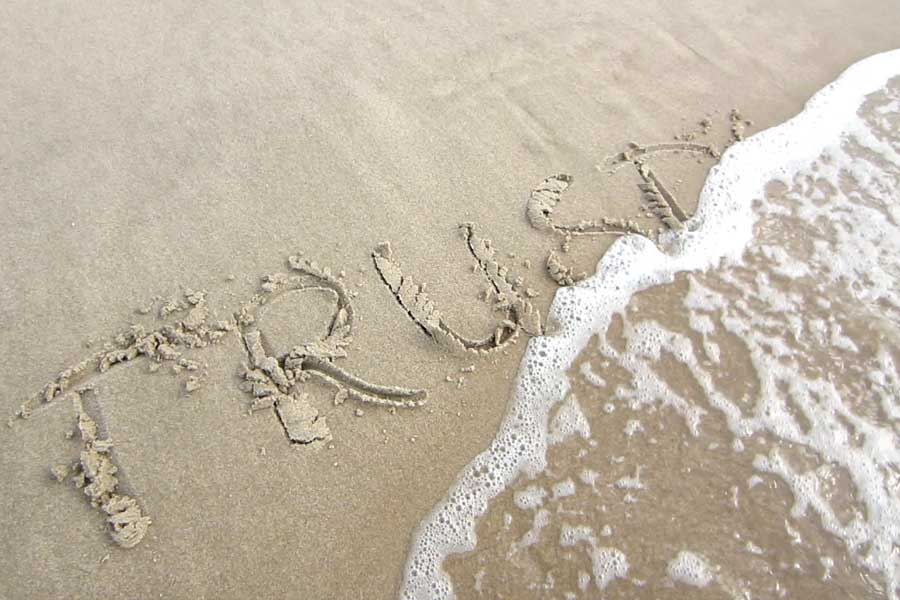Recently I had some serious questions around how I got treated by someone close to me. All my past hurts, emotions and trust issues rushed in at that moment. I chose the ‘easy’ way to respond and allowed my negative thoughts and emotions to run the show (you can imaging the type of response…). But does that help me or my relationship to that person? Of course not! I felt unhappy.
Sounds familiar?
Well, it happens to all of us, and it is quite normal to be negative at first. In fact our survival depends on it. Our survival mechanism, a.k.a. our fight and flight response, first assesses a situation as something that could potentially be a threat by checking our senses, our feelings, our past experiences, and other stored information around similar events. Even though the new situation may not actually be a direct threat, if responded to in that way it can turn out to be a very stressful event.
While it is ok to have doubts and remember past hurts to the some degree, it is also important to give a new experience a chance, and to see it as an opportunity for growth. Because things change, people change and most importantly you change. Being open and courageous to something new by being mindful, asking questions and thinking positively can open up completely new opportunities to you and your relationship. I’m not saying be naive around people and completely trust everyone – instead I’m inviting you to consider being more open, mindful and courageous in all your relationships. Most issues with others could be managed better by adopting kindness, a growth mindset, and by practicing mindfulness.
As I said at the start, trust is a hard one, but it is an important ingredient of our relationships. It acts like a glue, it holds people together, including relationships and communities.
So how do we build a healthy, trusting relationship?
Personally I advise everyone to start with mindfulness meditation or a similar practise. It is very beneficial for you at every level. In this instance, it will improve your overall awareness, and it will help you become a calmer person. You will start noticing more things within you and around you, which ultimately will help you make better choices.
Furthermore;
First of all show that you care.
Be emphatic and compassionate.
Be a good listener.
Be non-judgemental.
Do not ignore something you notice, instead ask kindly!
Be mindful of your own language and body language – check in with yourself: is this loving and caring, or is it negative and full of blame?
Open up, start the conversation.
And if you’ve done any wrong, take responsibility.
In the end it is not about winning, it is about having a loving and caring relationship.
As a person, keep learning about yourself and your environment. Be authentic, be true to yourself, kindly say no, if you sense you can’t do something! And practise self-compassion, because we all have flaws and limits. Instead learn from your flaws, and learn to say: ‘not yet’ when you face your own limits! Overall, aim to develop a better version of yourself.
So you may ask: Why should I be doing all the hard work and not the other person! You are right! But it’s not about the other person – it is about you, and your own development! It is about becoming a more compassionate, mindful and authentic person which also leads you to become a happier person.
So let’s all work on building trust for a happier life together!
With love and kindness

